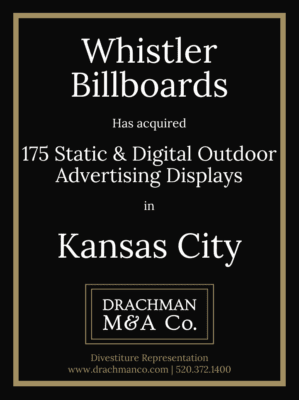
Everyone’s heard of sovereign or governmental immunity—generally speaking, governmental entities can’t be sued. In the context of a permit dispute, government agencies, including those that decide whether to grant or deny a permit application, enjoy “discretion” when interpreting and applying sign regulations. That means it’s hard to sue when a government agency makes the wrong decision and incorrectly denies a permit application. Ordinarily, you’d submit an application and if it’s denied, then you have one shot at an appeal, which is frequently decided by another employee of the same agency that denied the original application—judge, jury and executioner are all working under the same roof. If and when the appeal is denied, that’s the end of the road.

Once again, my last comment dovetails into my next one. The theme of Mike and I’s presentation was that not one size fits all when dealing with government entities. Not every IBO member has the resources or inclination to sue the government every time a bad decision is made. And, it’s always a judgment call that’s specific to the situation when deciding the level of aggression to take with the government. Who are the individuals on the other side, how valuable is the sign or permit, how much time, effort, and money are you willing to spend to get what you want, and what’s your tolerance for risk? All of these are questions you have to ask yourself when determining whether to take on the government.

















